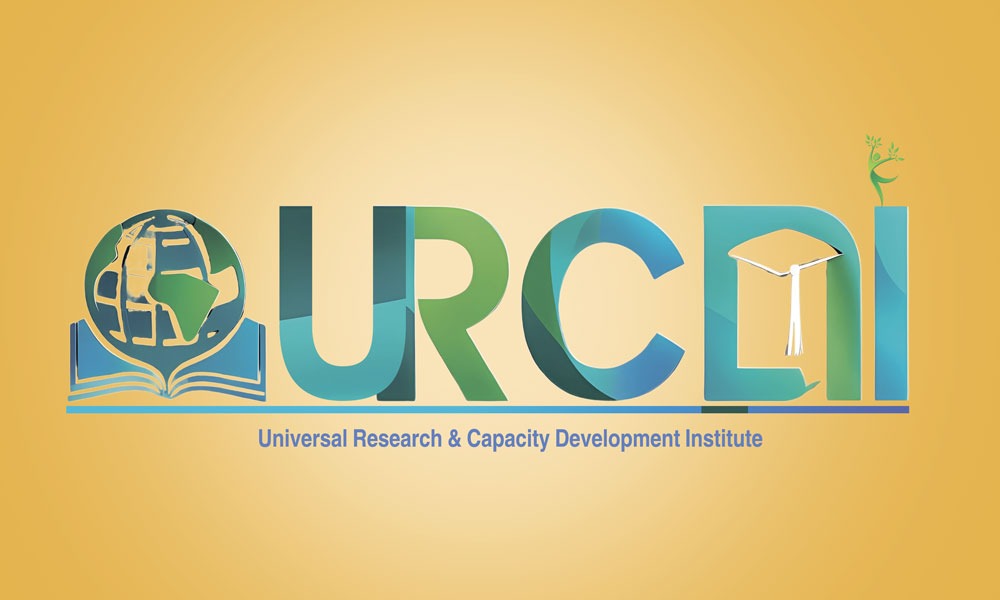
Innovative Approaches to Capacity Development: Lessons from the Field

Capacity development is a critical component of international development, enabling individuals, organizations, and communities to build the skills, knowledge, and systems needed to achieve their goals. In recent years, innovative approaches to capacity development have emerged, offering new opportunities for learning and growth. In this blog post, we'll explore some of these innovative approaches and the lessons learned from the field
Online Learning Platforms
Online learning platforms have revolutionized the way we access education and training. These platforms offer a range of benefits, including flexibility, accessibility, and scalability. They can be used to deliver a wide range of courses, from technical skills training to leadership development
Peer-to-Peer Mentoring
Peer-to-peer mentoring is a powerful approach to capacity development, enabling individuals to learn from one another and share their experiences. This approach can be particularly effective in contexts where formal training programs are not feasible or accessible
Experiential Learning
Experiential learning is an approach to capacity development that emphasizes hands-on experience and learning by doing. This approach can be particularly effective in developing practical skills and competencies, and can be used in a variety of contexts, from vocational training to leadership development
Lessons from the Field
Innovative approaches to capacity development offer a range of benefits, including increased accessibility, flexibility, and effectiveness. However, they also present challenges, such as ensuring quality, promoting engagement, and addressing contextual factors
Best Practices
To ensure the effectiveness of innovative approaches to capacity development, it's essential to follow best practices, including
Contextualizing learning: Tailoring learning programs to the specific needs and contexts of learners
Promoting engagement: Encouraging active participation and engagement among learners
Ensuring quality: Ensuring that learning programs are of high quality and meet the needs of learners
Monitoring and evaluation: Regularly monitoring and evaluating the effectiveness of learning programs
Conclusion
Innovative approaches to capacity development offer a range of benefits and opportunities for learning and growth. By leveraging online learning platforms, peer-to-peer mentoring, experiential learning, and other innovative approaches, we can build the skills, knowledge, and systems needed to achieve sustainable development and promote human well-being
Recommendations
To harness the potential of innovative approaches to capacity development, we recommend
Investing in technology: Investing in technology to support online learning and other innovative approaches to capacity development
Fostering collaboration: Fostering collaboration and knowledge-sharing among learners, practitioners, and policymakers
Promoting inclusivity: Promoting inclusivity and ensuring that innovative approaches to capacity development are accessible to all









